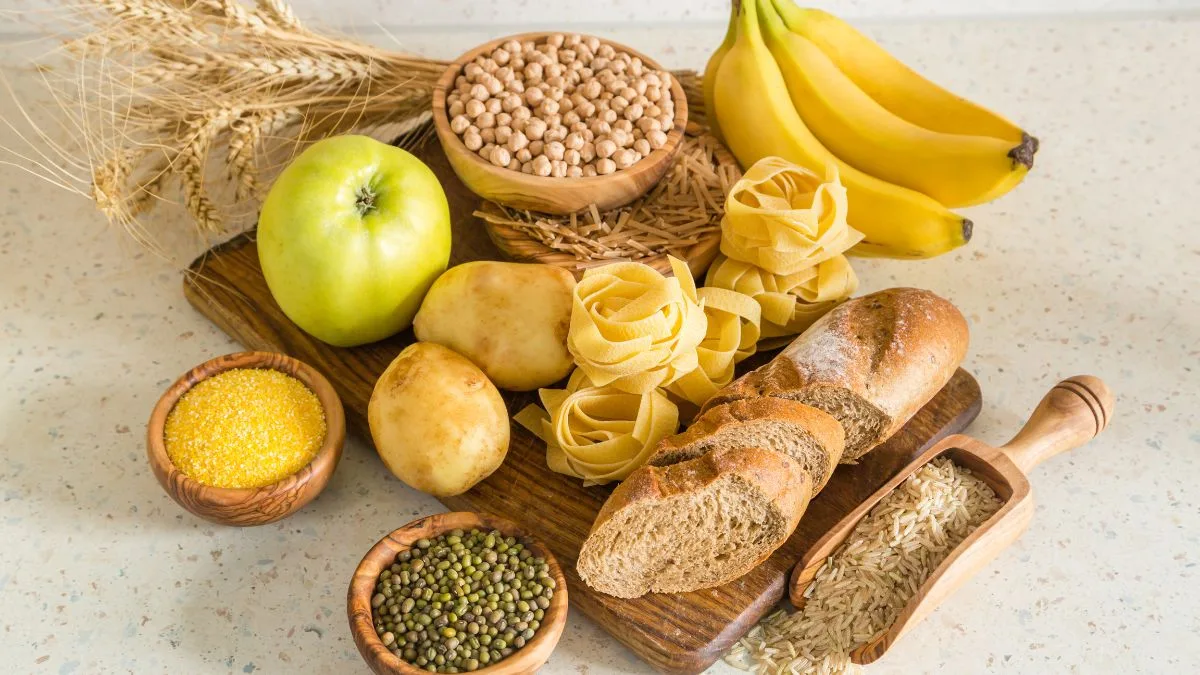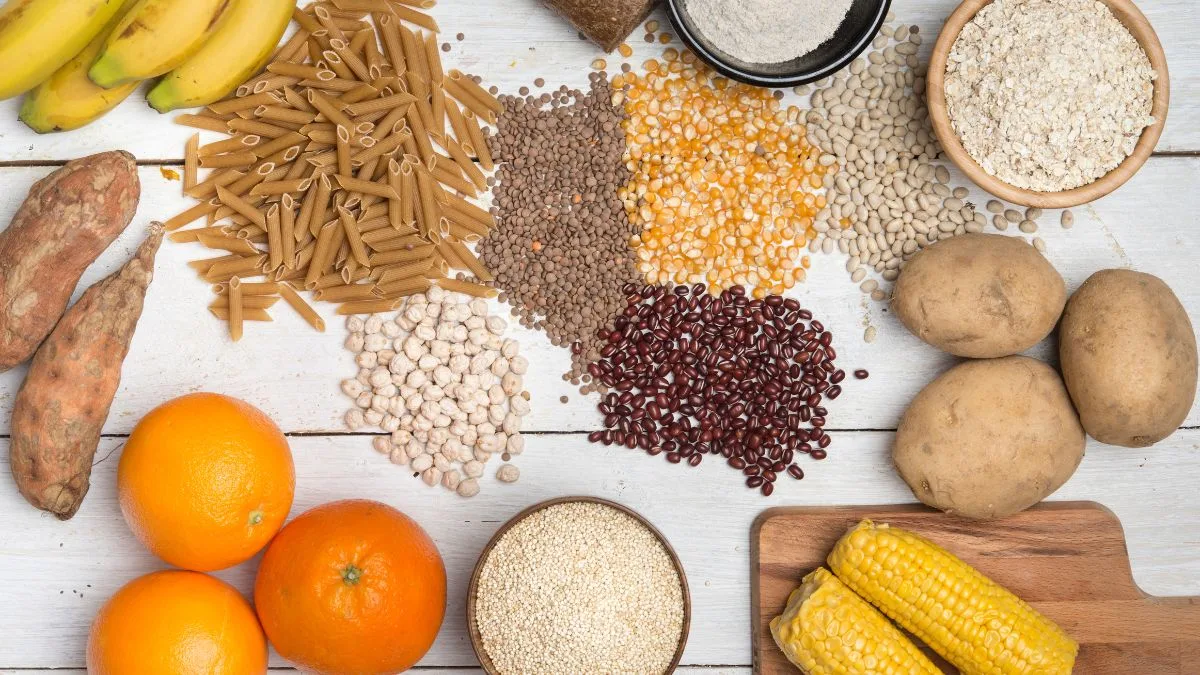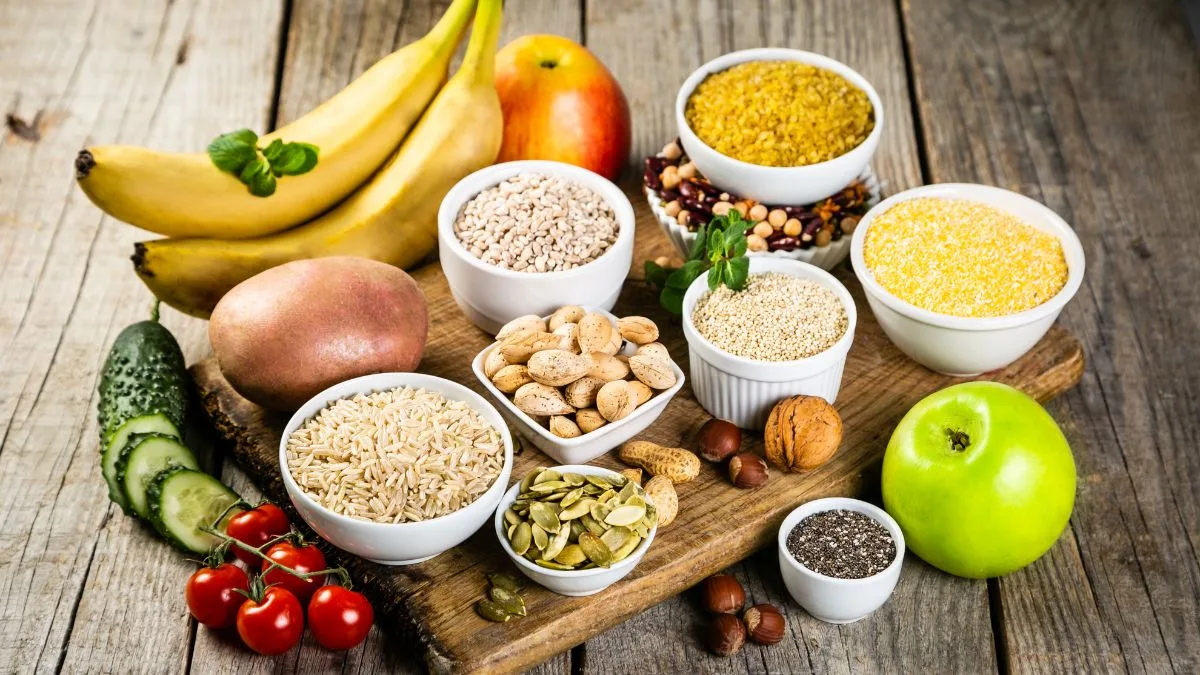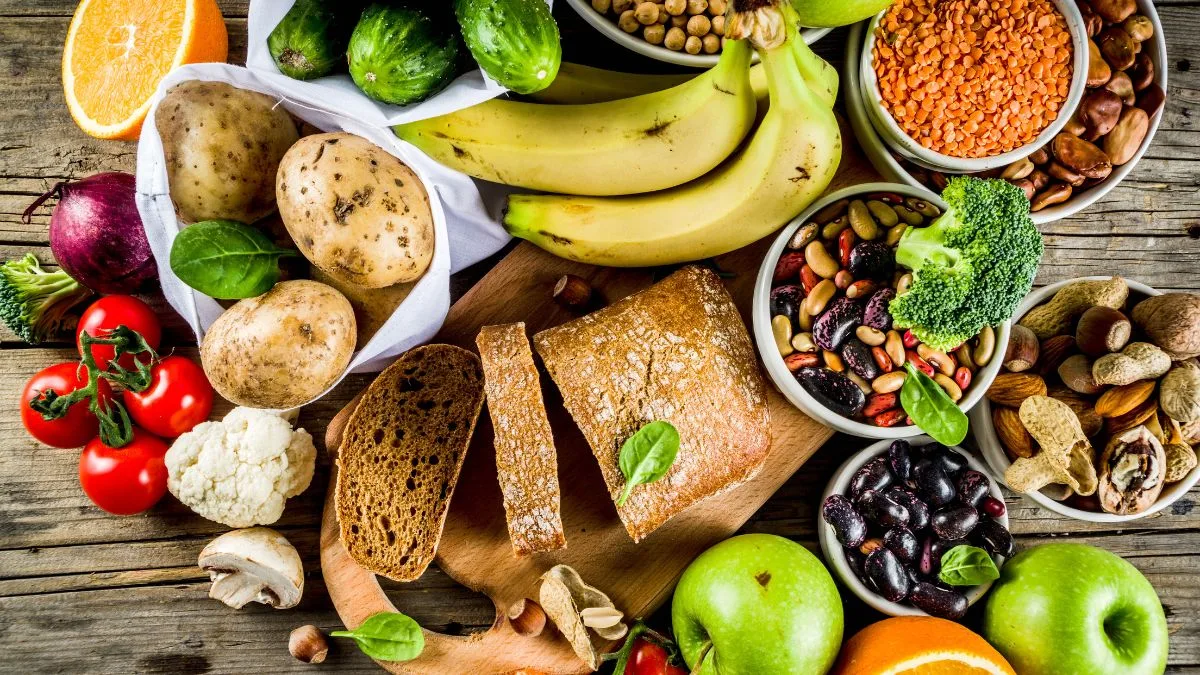● Short Answer: Simple carbohydrates aren’t inherently bad but become problematic when consumed excessively without fiber or nutrients.
Introduction
Picture this: you grab a candy bar at 3 PM when your energy crashes, only to feel even more tired an hour later.
You’re probably wondering if those simple carbohydrates are sabotaging your health goals and energy levels.
Let’s dive deep into the science behind simple carbs and discover when they help versus when they harm your body.
What Exactly Are Simple Carbohydrates?
Simple carbohydrates are single or double sugar molecules that your body breaks down rapidly for immediate energy.
These include glucose, fructose, galactose (monosaccharides) and sucrose, lactose, maltose (disaccharides).
Your digestive system processes these sugars within 15-30 minutes after consumption, causing rapid blood sugar spikes.
Natural sources include fruits, milk, and honey, while processed sources include table sugar, candy, and soft drinks.
The key difference lies in whether these simple carbs come with fiber, vitamins, and minerals or arrive as isolated sugar molecules.
✪ Fun Fact: Your brain uses about 20% of your daily glucose intake, making simple carbs crucial for cognitive function.
When Do Simple Carbs Become Problematic?
The trouble starts when you consume more than 25 grams of added sugars daily, which equals roughly 6 teaspoons.
Excessive intake triggers insulin resistance, where your cells become less responsive to insulin signals.
This leads to chronic inflammation, increased fat storage around your midsection, and elevated triglyceride levels.
Regular consumption of high-glycemic simple carbs without fiber causes dramatic blood sugar swings throughout your day.
In my opinion, the real problem isn’t the sugar itself but the frequency and context of consumption that determines health outcomes.
✪ Pro Tip: Limit added sugars to less than 10% of your total daily calories to avoid metabolic complications.
How Do Simple Carbs Affect Your Blood Sugar?
Simple carbohydrates cause your blood glucose levels to rise within 15 minutes of consumption.
Your pancreas responds by releasing insulin to shuttle glucose into cells for energy or storage.
Without fiber to slow absorption, glucose floods your bloodstream faster than your cells can efficiently utilize it.
This rapid spike is followed by an equally dramatic crash 1-2 hours later, leaving you tired and craving more sugar.
The glycemic index measures this effect: pure glucose scores 100, while table sugar scores 65 and fruit typically ranges from 25-55.
✪ Note: Combining simple carbs with protein or fat reduces their glycemic impact by 20-30%.
Are There Benefits to Simple Carbohydrates?
Simple carbs provide immediate energy when your body needs quick fuel for high-intensity activities.
Athletes often consume 30-60 grams of simple carbs per hour during endurance events lasting over 90 minutes.
Natural sources like fruits deliver simple sugars alongside antioxidants, fiber, and essential nutrients that support overall health.
During hypoglycemic episodes, 15-20 grams of simple carbs can restore normal blood sugar levels within 15 minutes.
Post-workout consumption of simple carbs helps replenish muscle glycogen stores and enhances recovery when combined with protein.
✪ Pro Tip: Consume simple carbs within 30 minutes post-exercise for optimal muscle glycogen replenishment.
Which Simple Carbs Should You Choose?
Prioritize whole fruits over fruit juices since whole fruits contain fiber that slows sugar absorption.
Choose dates, honey, or maple syrup instead of refined white sugar when you need added sweetness.
Limit processed foods containing high-fructose corn syrup, which bypasses normal glucose regulation mechanisms.
In my opinion, timing matters more than the source – consume simple carbs around workouts rather than during sedentary periods.
Read ingredient labels carefully since manufacturers often hide added sugars under 60+ different names like dextrose, maltodextrin, or rice syrup.
✪ Fun Fact: One medium apple contains 19 grams of natural sugars but provides 4 grams of fiber to balance absorption.
Wrapping Up
Simple carbohydrates aren’t villains but become problematic when consumed excessively or without proper nutritional context.
Ready to optimize your carb intake for better energy and health – what questions do you have about implementing these strategies?
References
At NutritionCrown, we use quality and credible sources to ensure our content is accurate and trustworthy. Below are the sources referenced in creating this article:
- PMC: Simple carbohydrates and metabolic health
- PubMed: Carbohydrate metabolism and health outcomes
- American Heart Association: Carbohydrates nutrition basics
- Mayo Clinic: Carbohydrates and healthy eating
- Houston Methodist: Simple vs complex carbs health effects
- Harvard Nutrition Source: Carbohydrates and blood sugar regulation





